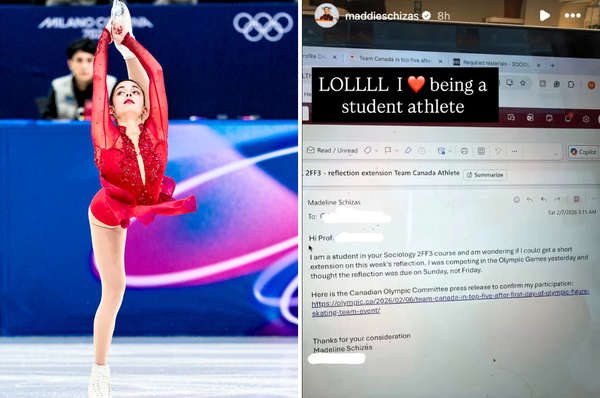After Taiwan Elected A New President, Young People Shared Why They Came Out To Vote
“If we didn’t come out to vote today, it means that we are letting other people make the decision for us.”

On Jan. 13, the people of Taiwan voted to continue the rule of the Democratic Progressive Party (DPP), which favors independence, for another four years, making it the first-ever party to win three terms in a row in the history of the country.
According to the official election results, Lai Ching-te, the vice president, secured victory in the 2024 presidential election with 40.05 per cent of the total votes. He defeated his key rival, Kuomintang’s Hou Yu-ih, by around 7 percentage points.
A total of 19.5 million people voted to determine who will rule Taiwan for the next four years. What’s interesting is that almost six million young voters had a significant impact on the final outcome.
In fact, they helped Tsai Ing-wen win big for the DPP in 2020 when she got re-elected as the leader with 57.1 per cent of the total votes.
Almost spoke to some young people, aged between 25 to 35, about why they thought it was important to come out to vote.
Speaking to Almost, 25-year-old Tina said that it was important for her to come out and vote so that no other person has the power to make decisions for their country.
“If we didn’t come out to vote today, it means that we are letting other people make the decision for us,” she said.
For 29-year-old Patrick, voting was a way to ensure that “we take the responsibility for our future and decisions.”
He added that it might seem like a simple task to come out to vote, but it will decide the fate of Taiwan for the next four years and affect the future for many years to come.
But for many other younger people, this was not just an election but a democratic movement.
Kevin, 32, said that Taiwan being a democratic country gave them a right to choose and to ensure that in the next four years “Taiwan moves towards the brightest, and the safest and most secure society.”
27-year-old Demi said she realized through reflecting over the candidates’ policies that it is crucial for younger people to exercise their right to vote.
She added that her friends in Hong Kong encouraged her to vote and “speak up for ourselves.”
Will, 34, said he believed that this election was a democratic movement to change the “Taiwan’s political culture.”
Echoing a similar sentiment, 32-year-old Alan said that along with exercising the right to democratic freedom, the policies of the candidates will eventually affect the lives of the citizens.
Besides the many key issues facing Taiwan, Renee said that she hopes that Taiwan’s next leader can respect the diverse culture of the nation, which means, “not looking down on the minority groups and allowing Taiwan to become a truly diverse society.”
This year, voter turnout was over 72 percent, close to the previous election in 2020.
While addressing the public after his victory, Lai said that faced with a choice between authoritarianism and democracy, Taiwan had chosen to walk alongside other democracies around the world.
He also thanked Tsai for laying the groundwork for a better future for Taiwan during the last eight years and promised to build on the foundation she laid.





